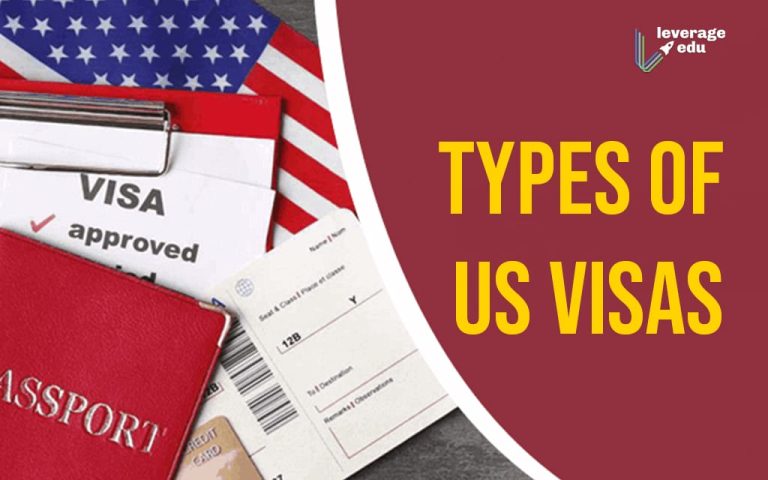BUSINESS Visitors to Turkey: Gateway to Success in Global Business
Introduction
Turkey, a land where the East meets the West, has emerged as a vibrant hub for international business ventures. With its strategic location bridging Europe and Asia, Turkey offers a plethora of opportunities for entrepreneurs and investors alike. In this article, we’ll delve into the nuances of doing business in Turkey, exploring its economic landscape, cultural intricacies, legal framework, and more. BUSINESS Visitors to Turkey
Economic Overview of Turkey
Turkey boasts a robust and diversified economy, making it an attractive destination for business ventures. With a GDP exceeding $850 billion and a population of over 80 million, Turkey offers a sizable market for various industries. The country’s strategic location facilitates trade with Europe, Asia, and the Middle East, further enhancing its economic prospects.
Business Opportunities in Turkey
From manufacturing to tourism, technology to agriculture, Turkey offers a wide array of business opportunities across sectors. The construction industry, fueled by infrastructure development projects, presents lucrative prospects for investors. Additionally, sectors such as renewable energy, healthcare, and e-commerce are witnessing rapid growth, attracting both domestic and foreign investments.
Understanding Turkish Culture and Etiquette
Cultural sensitivity is paramount when conducting business in Turkey. Building personal relationships and demonstrating respect for Turkish customs can significantly enhance business interactions. Understanding hierarchical structures within organizations and embracing the concept of “time flexibility” are essential aspects of navigating the Turkish business landscape.
Setting Up a Business in Turkey
Establishing a business entity in Turkey involves several steps, including company registration, obtaining necessary permits, and complying with regulatory requirements. Entrepreneurs can choose between various business structures, such as limited liability companies or joint-stock companies, based on their specific needs and preferences. TURKEY VISA VALIDITY
Legal Framework and Regulations
Turkey offers a transparent legal framework conducive to business operations. The Turkish Commercial Code governs corporate matters, while specific regulations apply to various industries. Engaging legal counsel proficient in Turkish law is advisable to ensure compliance and mitigate legal risks.
Taxation System in Turkey
Turkey’s taxation system is characterized by its progressive income tax rates, value-added tax (VAT), and corporate tax regulations. Understanding tax obligations and leveraging available incentives can optimize tax efficiency for businesses operating in Turkey.
Banking and Financial Services
Turkey boasts a well-developed banking sector, offering a range of financial services to businesses and individuals. Access to financing, foreign exchange services, and investment opportunities are readily available, contributing to the country’s economic growth and stability.
Marketing Strategies for Turkey
Effective marketing strategies play a pivotal role in penetrating the Turkish market. Leveraging digital channels, engaging in localized advertising campaigns, and partnering with local influencers can enhance brand visibility and customer engagement.
Infrastructure and Logistics
Turkey’s modern infrastructure, including transportation networks, telecommunications, and energy facilities, facilitates efficient business operations. The country’s strategic location along major trade routes further enhances its appeal as a logistics hub for regional and international commerce.
Challenges and Risks
Despite its many advantages, doing business in Turkey presents certain challenges and risks. These may include bureaucratic procedures, regulatory complexities, geopolitical tensions, and economic fluctuations. Mitigating risks through thorough market research, strategic planning, and contingency measures is essential for long-term success.
Success Stories of Businesses in Turkey
Numerous success stories abound of businesses thriving in the Turkish market. From multinational corporations to local startups, companies across sectors have capitalized on Turkey’s dynamic business environment to achieve significant growth and success.
Conclusion
In conclusion, Turkey offers a wealth of opportunities for entrepreneurs and investors seeking to expand their business horizons. With its strategic location, vibrant economy, and hospitable business climate, Turkey remains a top destination for global business ventures. By understanding the nuances of the Turkish market and adopting a strategic approach, businesses can unlock their full potential and thrive in this dynamic landscape.
FAQs
1. What are the main industries driving Turkey’s economy?
Turkey’s economy is driven by a diverse range of industries, including manufacturing, tourism, construction, and technology.
2. What cultural factors should businesses consider when operating in Turkey?
Businesses should prioritize building personal relationships, demonstrating respect for Turkish customs, and understanding hierarchical structures within organizations.
3. What legal considerations are important for setting up a business in Turkey?
Key legal considerations include company registration, obtaining necessary permits, complying with regulatory requirements, and engaging legal counsel proficient in Turkish law.
4. How can businesses mitigate risks when operating in Turkey?
Businesses can mitigate risks by conducting thorough market research, implementing strategic planning, and adopting contingency measures to navigate regulatory complexities and economic fluctuations.
5. What are some success stories of businesses operating in Turkey?
Numerous businesses, both multinational corporations and local startups, have achieved significant growth and success in Turkey across various sectors, showcasing the country’s potential as a thriving business destination.





